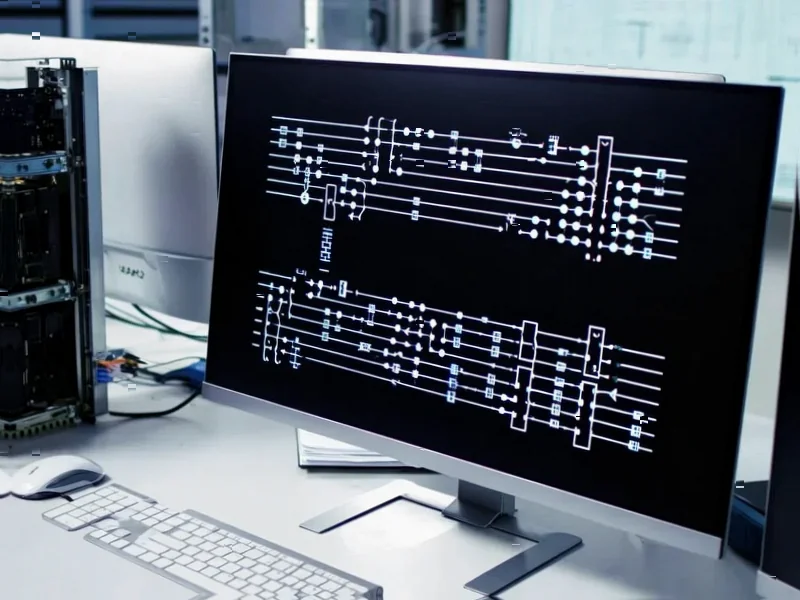According to TechCrunch, Nvidia has signed a €1 billion ($1.15 billion) partnership with Deutsche Telekom to build an “AI factory” in Munich that will increase Germany’s AI computing power by 50%. The project, called “Industrial AI Cloud,” will use more than 1,000 Nvidia DGX B200 systems and RTX Pro Servers with up to 10,000 Blackwell GPUs. Early partners include Agile Robots for server installation and Perplexity for in-country AI inferencing services. SAP will provide its Business Technology platform while Deutsche Telekom handles physical infrastructure. The facility is expected to start operations in early 2026 and is separate from the EU’s AI gigafactory initiative despite the EU committing €200 billion to similar projects earlier this year.
Europe’s AI Catch-Up Game
Here’s the thing about this partnership – it looks impressive on paper, but it’s essentially Europe playing catch-up in a race where the US is already miles ahead. The EU committed €200 billion to AI gigafactories, but that’s spread across the entire continent. Meanwhile, individual US companies like Microsoft, Google, and Oracle are spending hundreds of billions on AI infrastructure alone.
Basically, Europe is trying to solve two problems at once: building competitive AI infrastructure while maintaining data sovereignty. Deutsche Telekom’s CEO Tim Höttges talks about strengthening “European strengths,” but that sounds more like damage control than a confident strategy. The reality is that European companies have been complaining for years about being held back by EU regulations while watching US tech giants run away with the AI revolution.
The Sovereignty vs Innovation Trade-Off
This project heavily emphasizes compliance with German data sovereignty laws, which is both its biggest selling point and its potential weakness. On one hand, German companies get the assurance that their data stays within national borders. On the other hand, does building walls around data actually help innovation?
Look at what’s happening with Perplexity – they’re using this data center to provide “in-country” AI inferencing. That’s great for privacy-conscious German users, but will it create an isolated AI ecosystem that can’t compete globally? There’s a real risk that Europe’s focus on sovereignty could end up creating AI islands that are technologically behind the rest of the world.
<h2 id="nvidias-global-play“>Nvidia‘s Clever Global Strategy
From Nvidia’s perspective, this is brilliant business. They’re essentially becoming the arms dealer in every AI war happening around the world. While US companies build massive data centers, Nvidia can also sell their expensive GPUs to European telcos who are desperate to stay relevant.
But here’s what worries me – is this partnership really about building European AI sovereignty, or is it just Nvidia expanding its customer base? The company provides the chips and systems, Deutsche Telekom provides the real estate and connectivity, and European companies get… well, they get to use Nvidia technology on German soil. That’s not exactly technological independence.
The 2026 Timeline Problem
Let’s talk about that early 2026 operational date. In AI years, that’s practically a lifetime away. The technology landscape will look completely different by then. What happens if someone develops more efficient chips? Or if AI model requirements change dramatically?
And don’t forget – this is a joint venture between a hardware company and a telecom provider. These partnerships often sound great in press releases but can get messy in execution. Who’s really driving the technology strategy? Who handles the inevitable technical debt? The official announcement talks about digital twins and industrial simulations, but those are complex use cases that require deep domain expertise.
So while this €1 billion investment looks impressive today, the real test will come in 2026 when they have to deliver actual value to German companies. Given how fast AI is moving, they might already be playing catch-up before they even open their doors.




